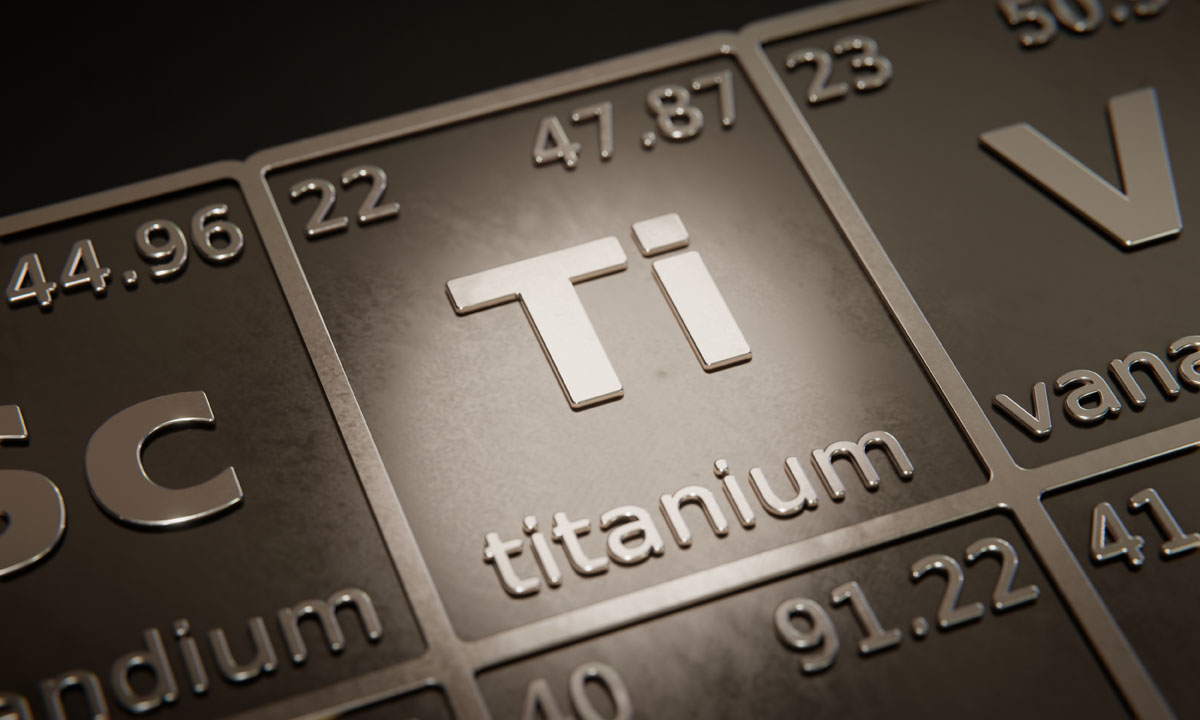Titanium
Titanium
Titanium was originally called gregorite, after the English chemist William Gregor, who discovered it in 1791 as an element in iron. German chemist Klaproth gave it the name ‘titanium’ in 1793, after the Titans in Green mythology. It was only in 1910 that titanium was isolated successfully.
A Titanium casting’s strength, quality and solidity set it apart from many of the other materials that are available, offering security to those industries – such as aerospace and oil and gas – which have an increased need for materials that are truly durable and of the highest integrity.
Since titanium is an element rather than a compound or an alloy, it also offers a level of purity that many other materials don’t match. That being said, titanium can also be alloyed with a number of other metals, including iron and aluminium, allowing industry professionals to use lighter or more pliable materials while still taking advantage of all the benefits that titanium offers.

| Investment casting (premium grade) | Investment casting (commercial grade) | Die casting | Metal injection moulding (MIM) | Forging | Technical Specifications | |
| Stainless steel & heat resistant alloys | ✓ | ✓ | ✓ | ✓ | Download | |
| Carbon steel | ✓ | ✓ | ✓ | ✓ | Download | |
| Nickel & cobalt alloys | ✓ | Download | ||||
| Aluminium alloys | ✓ | ✓ | ✓ | Download | ||
| Copper based alloys | ✓ | ✓ | Download | |||
| Titanium | ✓ | Download |
We are continuously adding new materials to our offering, for the latest information or if you have a special request, please contact us.
Why choose a Titanium casting?
We are not here to guide you towards any one particular material, but rather to lay out all the vital information and ensure that you can make an informed decision. With that in mind, we recommend titanium for any project which requires a metal with a high melting point and excellent resistance against high-stress environments.
Since titanium can also be modified to give more flexibility and malleability, it is used to give strength even for awkwardly shaped parts, making this a great option for many different applications, such as die casting or investment casting.
Properties of Titanium
When you are deciding on the right materials for your parts, the main focus should be on the specific attributes that each material offers. Here are a few of the features that are expected from a titanium casting:
These attributes have made titanium a particularly popular choice for specific applications, including aircraft and automobiles, chemical and petrochemical plants, nuclear waste storage and even medical implants. In most cases, the feature that is most desirable is the very high level of corrosion resistance, although titanium’s strength and durability will also come into play.
Facts about Titanium
This element is the 22nd on the periodic table and has an atomic weight of 47.867amu. It also possesses low density (4510 kg/m3), as it is 60% less dense than steel. Titanium is non-magnetic and handles heat well. Its melting point is higher than that of steel at 1650oC.
This element is the ninth most abundant element on the planet, but it is found in nature only in chemical combinations – commonly oxygen and iron.
Contact Dean Group International for Your Investment Casting Quote
Registered in England VAT No: 146307478 Company Registration No: 1062820




